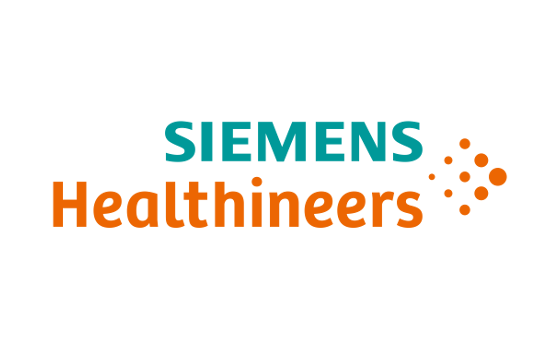 Siemens Healthineers AG has entered into a merger agreement with U.S.-based Corindus Vascular Robotics, Inc. (NYSE American: CVRS), a global technology leader for robotic-assisted vascular interventions. Under the terms of the agreement, Siemens Healthineers will acquire all fully diluted shares of Corindus for $4.28 per share in cash or $1.1 billion in total. The transaction is expected to be closed by end of calendar year 2019, subject to Corindus shareholder approval, receipt of regulatory approvals and other customary closing conditions. The Corindus board fully supports the acquisition proposal. Corindus is headquartered in Waltham, Boston, Massachusetts, and currently has approximately 100 employees.
Siemens Healthineers AG has entered into a merger agreement with U.S.-based Corindus Vascular Robotics, Inc. (NYSE American: CVRS), a global technology leader for robotic-assisted vascular interventions. Under the terms of the agreement, Siemens Healthineers will acquire all fully diluted shares of Corindus for $4.28 per share in cash or $1.1 billion in total. The transaction is expected to be closed by end of calendar year 2019, subject to Corindus shareholder approval, receipt of regulatory approvals and other customary closing conditions. The Corindus board fully supports the acquisition proposal. Corindus is headquartered in Waltham, Boston, Massachusetts, and currently has approximately 100 employees.
Corindus develops, produces and sells robotic systems for minimally invasive procedures. These systems help doctors to precisely control guide catheters, guide wires, balloon or stent implants via integrated imaging. The physician does not have to stand at the angiography table as usual but can control the procedure with a separate controlling module and is therefore less exposed to radiation. Corindus is currently one of the leading companies offering a robotic treatment platform for major vascular therapeutic markets, meaning coronary, peripheral vascular and neurovascular interventions. For example, heart disease is the most common cause of death in the U.S. Every year, more than four million percutaneous coronary interventions are carried out worldwide.
The acquisition of Corindus meets the objective of simplifying today's challenges in everyday hospital life. Robotic assisted minimally invasive procedures have the potential to reduce treatment times, increase precision during treatment, raise standardization levels in clinical procedures and ultimately improve clinical outcomes, which is the strategic focus of the Advanced Therapies business segment.
"The interplay of exact imaging and robotic-assisted interventions will enhance both the eyes and hands of the physician, metaphorically speaking. With the addition of Corindus to our strong therapies portfolio we sharpen our procedural focus and will grow by expanding precision medicine and improving clinical outcomes. In the future, our digital and artificial intelligence-based tools will help to integrate the aspects of image-guidance and therapy even further," said Michel Therin, President Advanced Therapies at Siemens Healthineers.
The CorPath systems developed by Corindus will be used together with angiography systems that Siemens Healthineers sells as one of the leading suppliers. The Siemens Healthineers products make minimally invasive treatment possible by using high-quality imaging before and during medical interventions. The company's leading role in image-based minimally invasive procedures is now complemented by robotic-assisted precision medicine. This expansion strengthens the therapy position of Siemens Healthineers and underlines its role as one of the leading providers of solutions along the entire treatment path. This makes the acquisition of Corindus a strategically significant extension of Siemens Healthineers' therapy business.
The future integration of Siemens Healthineers digitization and artificial intelligence solutions with Corindus' robotic systems offers further promising possibilities. The aim is to further increase procedure optimization in order to enable the greatest possible degree of efficiency and clinical reproducibility. In addition, Corindus is driving forward the approval procedure for remote robotic treatment in vascular interventions. Due to the limited availability of specialists for minimally invasive procedures in many regions and the limited number of corresponding clinical facilities, remote treatment could significantly improve patients' access to treatment in the future.
About Siemens Healthineers
Siemens Healthineers enables healthcare providers worldwide to increase value by empowering them on their journey towards expanding precision medicine, transforming care delivery, improving patient experience and digitalizing healthcare. A leader in medical technology, Siemens Healthineers is constantly innovating its portfolio of products and services in its core areas of diagnostic and therapeutic imaging and in laboratory diagnostics and molecular medicine. Siemens Healthineers is also actively developing its digital health services and enterprise services. In fiscal 2018, which ended on September 30, 2018, Siemens Healthineers generated revenue of €13.4 billion and adjusted profit of €2.3 billion and has about 50,000 employees worldwide.